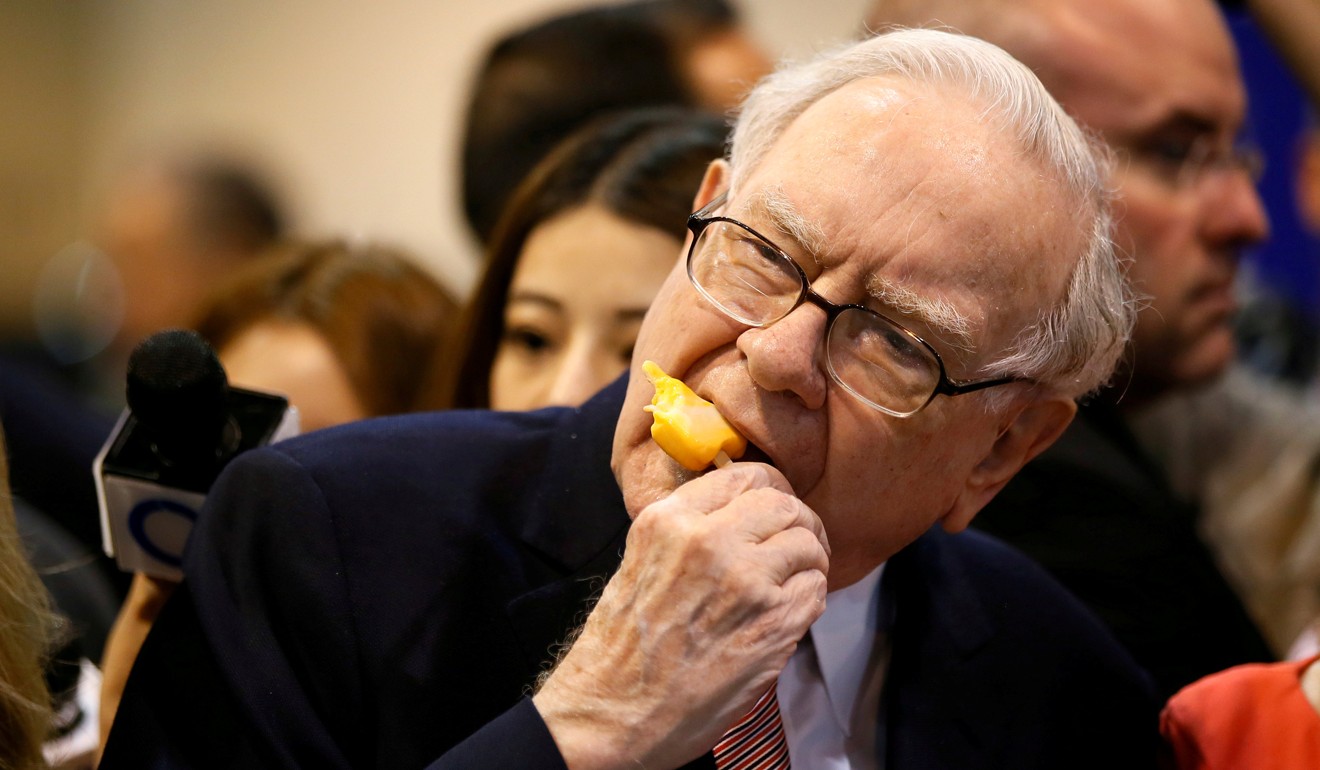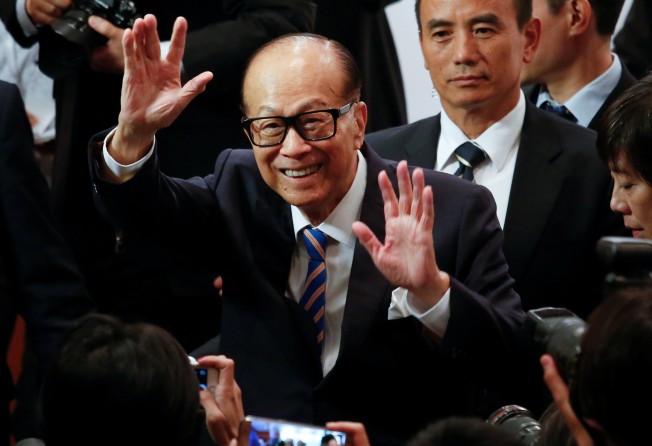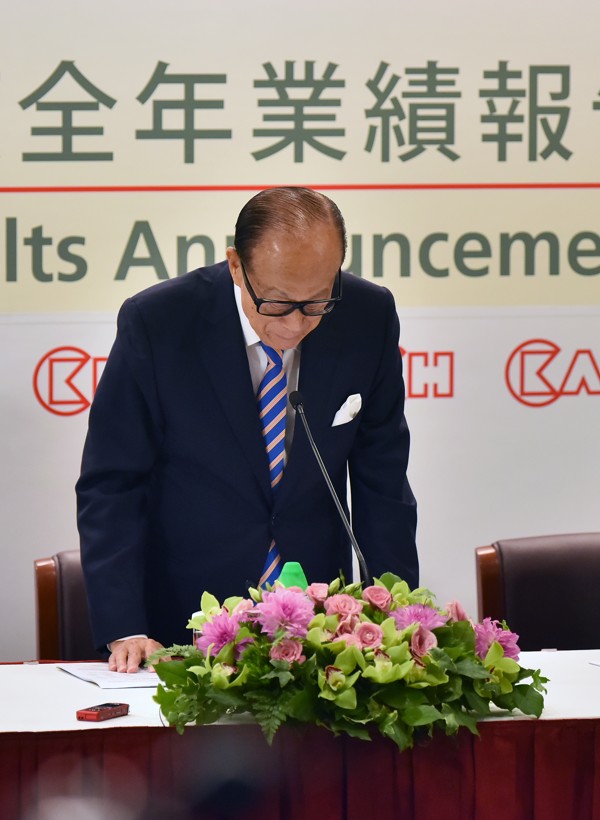
Redefining retirement: Li Ka-shing and Warren Buffett show how ageing is a state of mind
The digital revolution has huge potential to alter the experience of old age forever, with a host of online services making it easier for seniors to ‘age in place’

Old age may be about a creaky back, cranky eyesight, hearing difficulties and the ego-sapping slippage into baldness. But above all else, it is about a state of mind – which surely has been well illustrated this weekend with Li Ka-shing’s decision, aged 89, to sort-of, retire.
I remember visiting my 86-year-old mom and dad in the UK two years ago, only to arrive with them about to leap in the car to go down to the local church hall to make tea “for the old people”. Even aged 86, “old” is a state of mind.
As Li’s biographies get written, I suspect many will say some of his more creative, daring and lucrative decisions were made long after an age when most of us would have been pushed out into retirement, with little better to do than thwack golf balls.
So too of the many other octogenarian tycoons who have, for most of our lifetimes, dominated the Hong Kong economy. And let’s not forget the likes of Warren Buffett, now 87, and seemingly unconcerned by the issue of old age.
These thoughts were all rather bleakly distilled by a fascinating and disconcerting presentation in Singapore last week by Takahisa Takahara, the 56-year-old chief executive of Unicharm, one of the world’s leading producers of “hygiene products” – the euthanised phrase for the quietly hidden world of women’s sanitary, baby, and adult nappies, or diapers as they like to be called in the US.
In a fast-ageing society like Japan, demand for baby nappies is in sharp decline as fewer and fewer children are being born.

Demand for women’s napkins is static, as the country’s female population is static. But demand for adult nappies is booming, as the over-65s account for more than a quarter of the country’s population. They now outstrip baby sales.
Adult nappies used to be something dispensed in hospitals and old age homes for the fragile old. Today, thanks to brilliant chemists and materials called “super-absorbent polymers” they may not quite be fashion items, but they are increasingly being designed for discrete use by older people who are expecting to lead normal mobile lives well into the 80s.
The future challenge is not to see older people as bundles of medical problems for whom we must manage disability, but to enable older people to get out doing things despite disability … and that will often mean staying in work
As Joe Coughlin, head of MIT’s AgeLab, writes in his new book The Longevity Economy about the rising expectations of older people to maintain quality lives deep into an increasingly healthy old age, so Unicharm’s Takahara provides an important insight and warning: incontinence (which for many women becomes a problem from early middle age after having children) is one of the main anxieties of older people, making many of them reluctant to leave home.
This quickly ruins health as exercise declines and social isolation sets in. Quality of life collapses, and steep mental decline is common.
Clearly, Li and Buffett have no such problems, but they remind us that there is an urgent need for our societies to deal differently with ideas of old age.
I am sure a significant part of their robust good health into deep old age is in no small part due to no one ever forcing them to retire. I am coming increasingly to think that, in so far as old age is a problem, it all comes down to forced retirement far too early in our lives.
As one wag noted: “Without your job, you are robbed of the most important institution of all in a capitalist society – your career. What are you? Senior vice-president of your living room? Admiral of the bath tub?”

A recent US study discovered that 67 per cent of people say they plan to work for pay in retirement. A Pew study found only 35 per cent of Americans over 75 said they felt old. Whatever the current attention paid to dementia, it is important to remember that over two thirds of people over 85 do not suffer any such symptoms – as Buffett and Li well illustrate.
As Coughlin notes, far too many still view longer life as a burden rather than a gift, with innovation for the elderly market “motivated mainly by the instinct to ease (older people’s) perceived load, rather than help them make the most of a long, possibility-filled stage of life.”
He insists that the future challenge is not to see older people as “bundles of medical problems” for whom we must “manage disability”, but to enable older people to “get out doing things despite disability”. And that will often mean staying in work.
Whether in work or retirement, the digital revolution has huge potential to redefine the experience of old age, with a host of online services for everything from home grocery deliveries to intelligent home security and health maintenance services making it much easier for seniors to “age in place”. Apparently a majority of Airbnb hosts are elderlies, and a quarter of Uber drivers in the US are over 50.
David Dodwell researches and writes about global, regional and Hong Kong challenges from a Hong Kong point of view